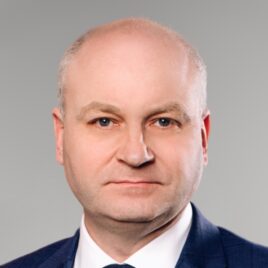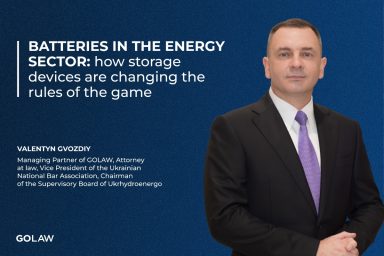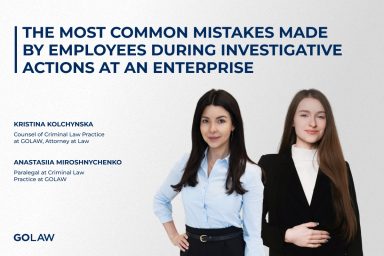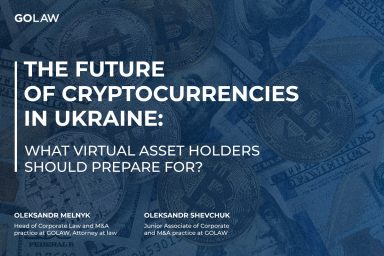Is it permissible for experts to conduct a situational modeling during the examination, as per the supreme court’s recent opinion?
The core of an expert examination lies in distinct methods and methodologies, which the experts must disclose in the research part of their opinion. However, do some methods of conducting a forensic examination substitute certain investigative (detective) actions?
The Criminal Court of Cassation of the Supreme Court (hereafter – the SC) outlined the difference between situational modeling conducted during forensic medical examination and investigative experiment in the judgment dated August 10, 2023, in case No. 706/1113/20.
The essence of the criminal proceedings is that the person has been accused of violating the Traffic Rules, namely of driving while intoxicated, allowing the car to leave the roadway and hit a tree. As a result, the passenger suffered grievous bodily injuries and died instantly.
The lack of evidence has resulted in the first-instance court’s acquittal of the individual. In particular, the court excluded the forensic medical examination commission’s conclusion as evidence since the experts’ situational modeling of the car accident, involving statisticians, has been considered an investigative experiment. The court held that excluding the accused from the experiment violated their right to defense. In addition, the experts in this case allegedly exceeded their competence, since any investigative (detective) action shall be sanctioned exclusively by the pre-trial investigation agency. The court of appeals upheld the verdict.
However, the SC, reviewing the decisions of the previous court instances, disagreed with their assessment of the evidence in the case. Hence, following the SC’s ruling, situational modeling is not deemed as an investigative action. It rather entails constructing a model of a real-life situation and performing a range of experiments utilizing it. The process of situation modeling is twofold, acting as both a method of cognition and cognitive activity. The resulting model serves as a systematizer and information repository for the event.
Thus, it is crucial that situational modeling is undertaken based on the initial data provided by the investigator, especially about the number of people in the car and the injuries suffered by the participants in the accident.
In this way, the SC has made a distinction between an investigative experiment as a means of obtaining information and situational modeling as a way of confirming the accuracy of data, including witness testimonies, during examination.
Consequently, the SC has decided that the case materials did not contain any evidence that an investigative experiment had been conducted during the forensic examination and that the accused’s right to defense had been violated in any way, as the courts of previous instances had referred to in their decisions.
Therefore, the use of situational modeling as a method for conducting forensic examination complies with criminal procedural law only if the experts used solely the initial data from the decision on the appointment of an expert examination.

Igor Glushko
Partner, Head of Criminal Law and White Collar Defence practice, Attorney at law
- Contacts
- 31/33 Kniaziv Ostrozkykh St, Zorianyi Business Center, Kyiv, Ukraine, 01010
- i.glushko@golaw.ua
- +38 044 581 1220
- Recognitions
- The Legal 500 EMEA 2023
Related insights

01 July 2025 Energy Alert
Batteries in the energy sector: how storage devices are changing the rules of th...

30 June 2025 Publication
The most common mistakes made by employees during investigative actions at an en...

27 June 2025 Publication
The future of сryptocurrencies in Ukraine: what virtual asset holders should pre...
Sign up to be aware
New achievements are inspired by information. GO further, don’t miss out GOLAW news and legal alerts
Our expertise
-
- Antitrust and Competition
- Banking and Finance
- Compliance, Corporate Governance and Risk Management
- Corporate and M&A
- Criminal and White Collar Defence
- Defense in Anti-corruption procedures and regulations
- Labor and Employment
- Natural Resources and Environment
- Government Relations (GR)
- Insolvency and Corporate Recovery
- Intellectual property
- International trade
- Legal support of business and private Сlients in Germany
- Litigation and dispute resolution
- Private clients
- Real Estate and Construction
- Energy and Natural Resources
- Restructuring, Claims and Recoveries
- Martial Law
- Tax and Customs
-
- Agribusiness
- Aviation
- Chemical industry
- Engineering, Construction and Building Materials
- Natural Resources and Environment
- Financial institutions
- IT and AI
- Industry and manufacturing
- Healthcare industries, Life sciences and Pharmaceuticals
- Media, Entertainment, Sports and Gambling
- Retail, FMCG and E-Commerce
- Transport and Logistics
We use cookies to improve performance of our website and your user experience.
Cookies policy
Cookies settings




